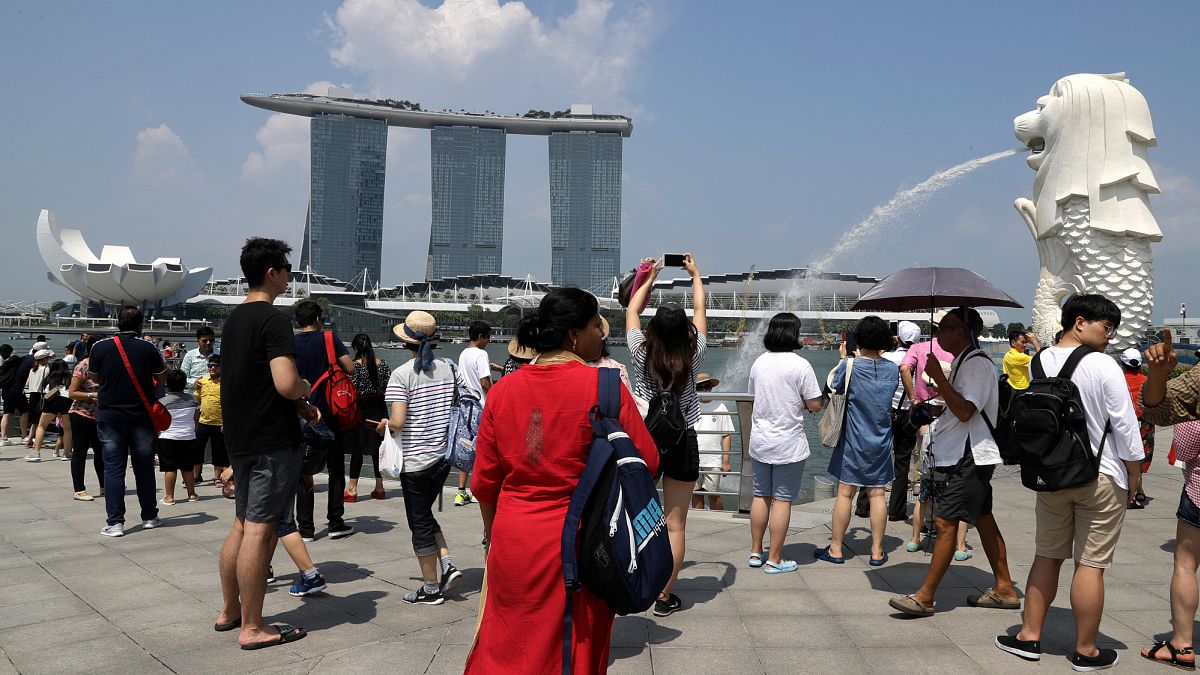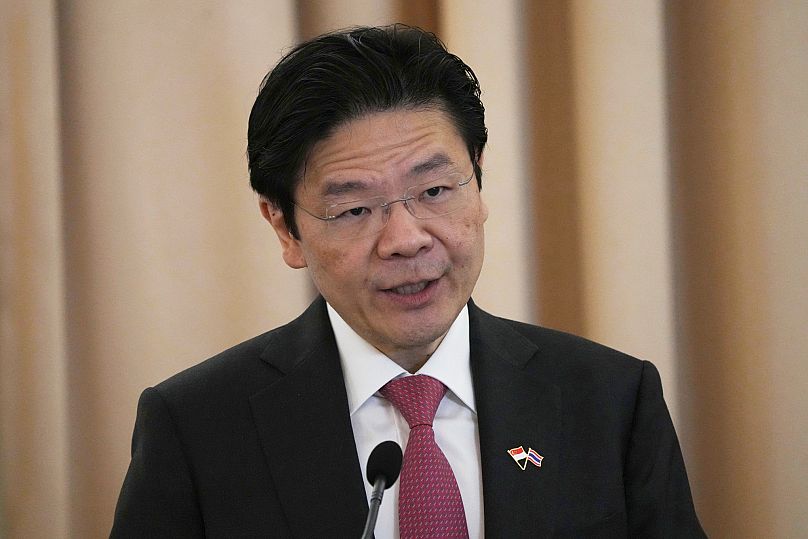
Singapore’s parliament has been dissolved, paving the way for general elections in which the city-state’s long-ruling People’s Action Party (PAP) will seek to strengthen its dominance under Prime Minister Lawrence Wong.
The election will be held on 3 May, the Elections Department said in a statement.
Victory is virtually assured for the PAP, which has led Singapore since its independence from Malaysia in 1965.
“We are witnessing profound changes in the world. It is becoming more uncertain, unsettled and even unstable,” Wong wrote in a post on Facebook.
“The global conditions that enabled Singapore’s success over the past decades may no longer hold. That is why I have called this general election.”

Wong, who was sworn in as Singapore’s fourth leader in May last year, wants to clinch a stronger win after the PAP suffered a setback in the 2020 polls over voters’ rising discontent with the government.
In those elections, held during the COVID-19 pandemic, the PAP maintained its supermajority with 83 out of 93 seats.
But it ceded more seats to the opposition, which increased its parliamentary representation from six to 10, the highest ever.
The PAP’s share of popular support also slipped to a near-record low of 61%.
As Wong heads into his first general election as PAP chief, he has sought to reach out to disgruntled younger voters, primarily through his “Forward Singapore” plan.
The PAP will field more than 30 new candidates to refresh the party.
Wong has warned that “who you have in the cockpit matters” amid economic uncertainties as US tariffs rock the global trading system.
While Singapore has flourished as one of the world’s wealthiest nations, it has also become one of the most expensive cities.
The PAP has been criticised for tight government control and a government-knows-best stance, media censorship and the use of oppressive laws against dissidents.
Issues like widening income disparity, increasingly unaffordable housing, overcrowding caused by immigration and restrictions on free speech have also loosened the PAP’s grip on power, experts say.





